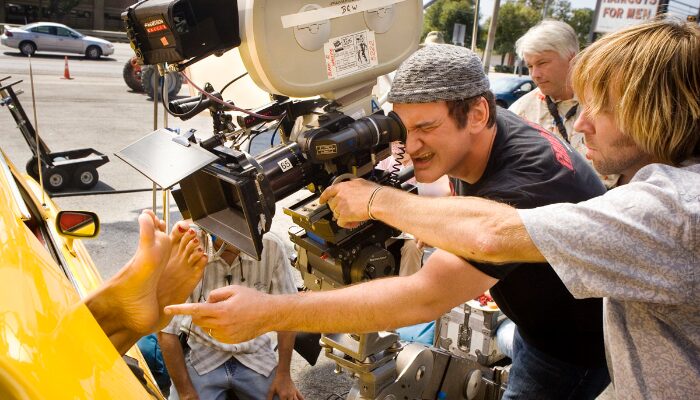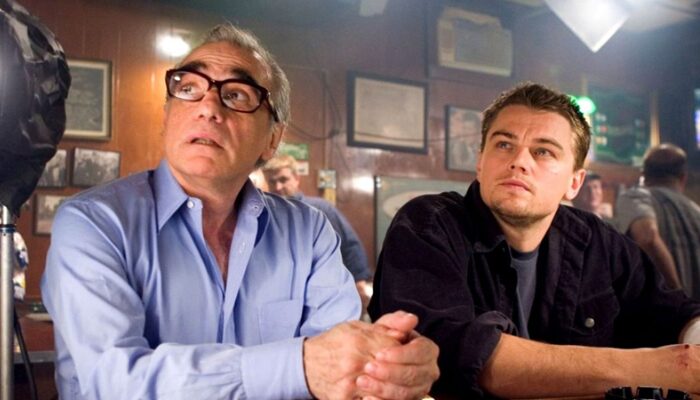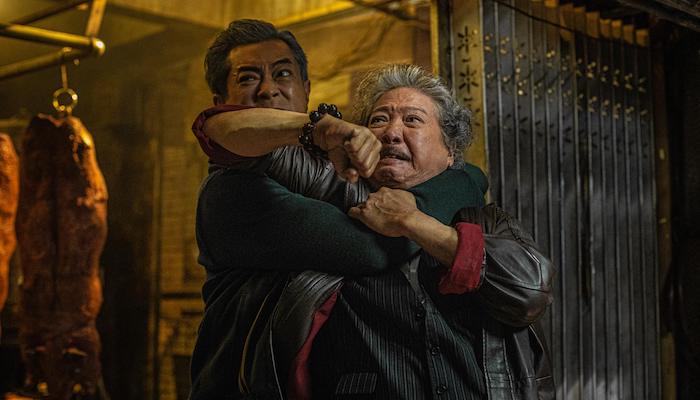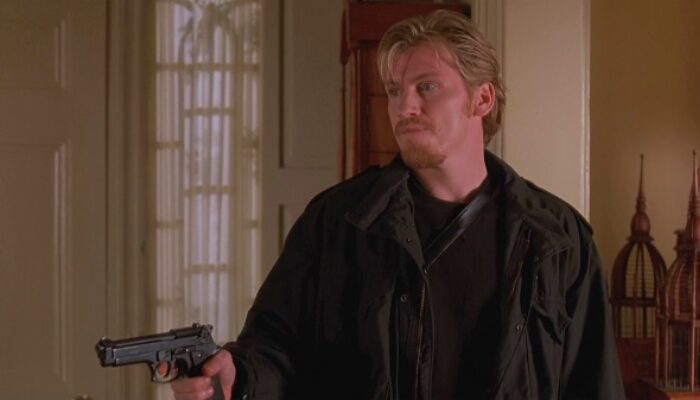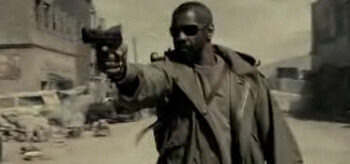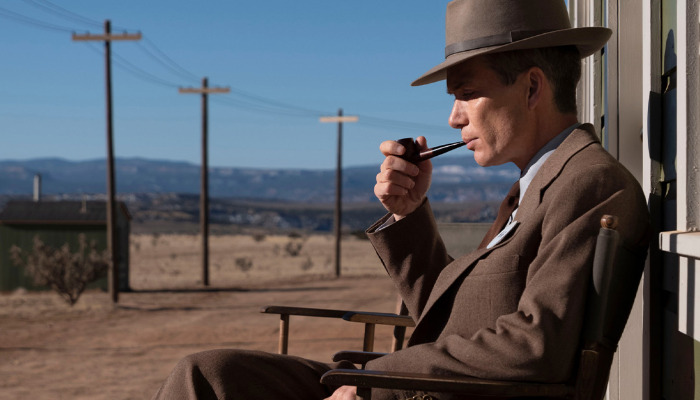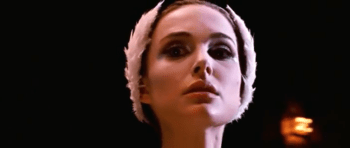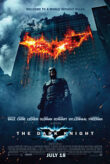Film Review: The Book of Eli
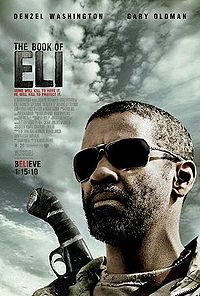
Dubious moments of CGI quality aside, The Book of Eli has many similarities to Fist of the North Star (1986), Cyborg (1993), Water World, and Afro Samurai. All five films are fast, loose, exciting, erratic, and filled with plot hole frustrations. In The Book of Eli, more attention is paid to Eli and his feats of aggression than to the film’s more important plot points.
The power of The Bible (and other religious tomes), the profound effect it can have on the weak minded, scared, hopeless, and the faithless is well documented throughout history. That Carnegie (Gary Oldman) recognizes the fact and sees The Bible as a weapon is understandable. He existed before the world was destroyed and knows The Bible can be used as a means of societal control (one of its present day uses) and wishes to subjugate the remainder of humanity with its famous words, stories, and passages.
I wish screenwriter Gary Whitta had written more about Eli’s Book, expanded on the power of religion, especially in desperate times. It happened only briefly with a few quotes and Solara (Mila Kunis)’s praying sequences with her mother Claudia (Jennifer Beals). It was one of the most effective scenes in the film: Solara is in hell (recently pimped out for the first time by Carnegie) and decides to pray with her mother to give herself some brief comfort or a superficial platitude of it. I also found the fact that she couldn’t read but when questioned hard by Carnegie, she tells him the book had this symbol on the cover: crossing two her fingers into a crucifix an excellent moment. It was subtle and powerful. That symbol had survived even the end of the world and was renewed again by an illiterate person, invoked to end the suffering of another.
Like Fist of the North Star (1986), the action and fight scenes in The Book of Eli are of the most paramount importance (unfortunately). The real realities of the world the survivors live in are not supposed to be relevant but a few a dumped in (cannibalism) none-the-less, without any weight being given to them. The spectacle is the main event. Much like Avatar (2009), when the spectacle dies down in The Book of Eli, the viewer is left with the inadequacies of the script and the pacing of the drama vs. the action.
Other The Book of Eli inconsistencies: Some people have bad skin while others have immaculate skin, which makes no sense since clean water is scarce and skin care products most be very few and far between. Also, some characters’ sunglasses are new and shiny, like they were newly bought from a department store yet the modern world ended 30 years ago. In Water World, the origins of many of the available items are never explained and this mistake is duplicated within The Book of Eli.
The big reveal in the third act of The Book of Eli could have made sense if Whitta had kept the shades on Eli at all times like in The Matrix. Eli looks directly at people numerous times throughout the film. Even if he could tell exactly where they were by their voices or movements, how could he look them in the eyes? Like I said, with some script fine-tuning, these questions would not even be able to be broached much less seriously considered. The voice in Eli’s head, presumably God or one of his winged retainers, is the answer to these questions the viewer is supposed to accept, unless they were watching the film closely.
The Hughes Brothers’ The Book of Eli is an action movie that had everything going for it but still managed to come up short on the realities of its fantasy world. The film could have been great but begins to fall apart near the beginning of its second act. The viewer can actually feel it as they watch it. If The Book of Eli had more Eli hand-to-hand combat scenes and a cleaner plot (illogical moments abound), it would be more than a “what if” movie.
Rating: 6.5/10
Related Articles
FilmBook's Newsletter
Subscribe to FilmBook’s Daily Newsletter for the latest news!


